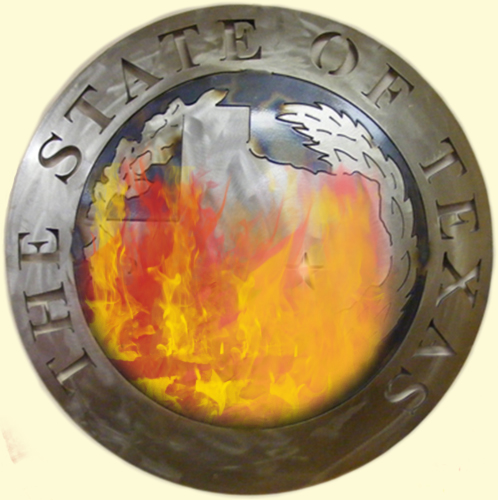|
Incidents of terrorism have shocked, saddened and angered the
nation,and left many people wondering how to deal with the aftermath of
such tragic events.
This digest offers tips and information on taking care of yourself,
helping others cope.
- If you are in an area that has been directly affected by the
terrorism, your first priority should be your own safety and that of
your family.
- Listen to the television, radio or a portable radio for
information on shelters, helpful resources and safety advisories.
- Stay out of and away from damaged buildings. Return home only
when authorities say it is safe.? Children should be constantly
supervised.
- Be alert for potential hazards. Take extreme care when moving in
an area that has been damaged. It is possible that shattered glass,
splintered wood or other sharp objects will be strewn around even in
areas quite far from the affected locations.
- Cooperate with authorities. Whether you're asked to relinquish
telephone lines, keep off emergency roads, or given other
directions, do your best to comply.
- Use caution when traveling.
- Be cautious with food. When electricity is out, refrigerated
foods can spoil quickly, throw out any food that is questionable.
Frozen foods with typically last in a closed freezer for several
days.
- Be cautious with drinking water. Water supplies can become
contaminated in damaged areas. Radio reports will typically notify
residents if your water is safe to drink. Try to drink bottled water
until you know for sure. On average, you need one gallon of water
per family member per day. (Tip you can obtain safe water by melting
ice cubes.)
- Remember to help others who may require special assistance
infants, the elderly and people with disabilities.
- Reactions to a Traumatic Event: Disasters such as the terrorist
attacks that occurred today can result in extreme emotions including
stress, helplessness, fear, irritability, anger, depression and
grief. Although everyone deals with trauma and stress differently,
there are some common reactions, including recurring thoughts or
nightmares about the event; difficulty sleeping or changes in
appetite; anxiety and fear, especially when exposed to events or
situations reminiscent of the trauma; feelings of depression,
sadness and having low energy; memory problems including difficulty
remembering aspects of the trauma; difficulty focusing on work or
daily activities; spontaneous crying, feelings of despair and/or
hopelessness; avoiding activities, places or even people who remind
you of the event; feeling emotionally numb, withdrawn, disconnected
or different from others; feeling extremely protective of, or
fearful for, the safety of loved ones.
If you or a loved one are experiencing extreme symptoms of
stress, depression, grief or anger, consult a professional such as your
doctor or Employee Assistance Program (EAP) immediately for help.
Consider the following tips:
- Reach out to supportive friends and family for comfort and
guidance.
- Be patient and give yourself plenty of time to recover and rest.
- Try to maintain a nutritious diet to keep your energy up.
- Focus on your breathing deep, slow breaths will help calm you.
- Keep in mind that emotional and physical reactions to a
traumatic event may not appear immediately. Sometimes they may
appear hours, days or even weeks or months after the event. The
signs and symptoms of a stress reaction may last a few days, a few
weeks, months or possibly longer depending on the severity of the
event.
According to the American Psychological Association, individuals
who are unable to regain control of their lives, or who experience the
symptoms above for more than a month, should consider seeking
professional mental health assistance.
|

